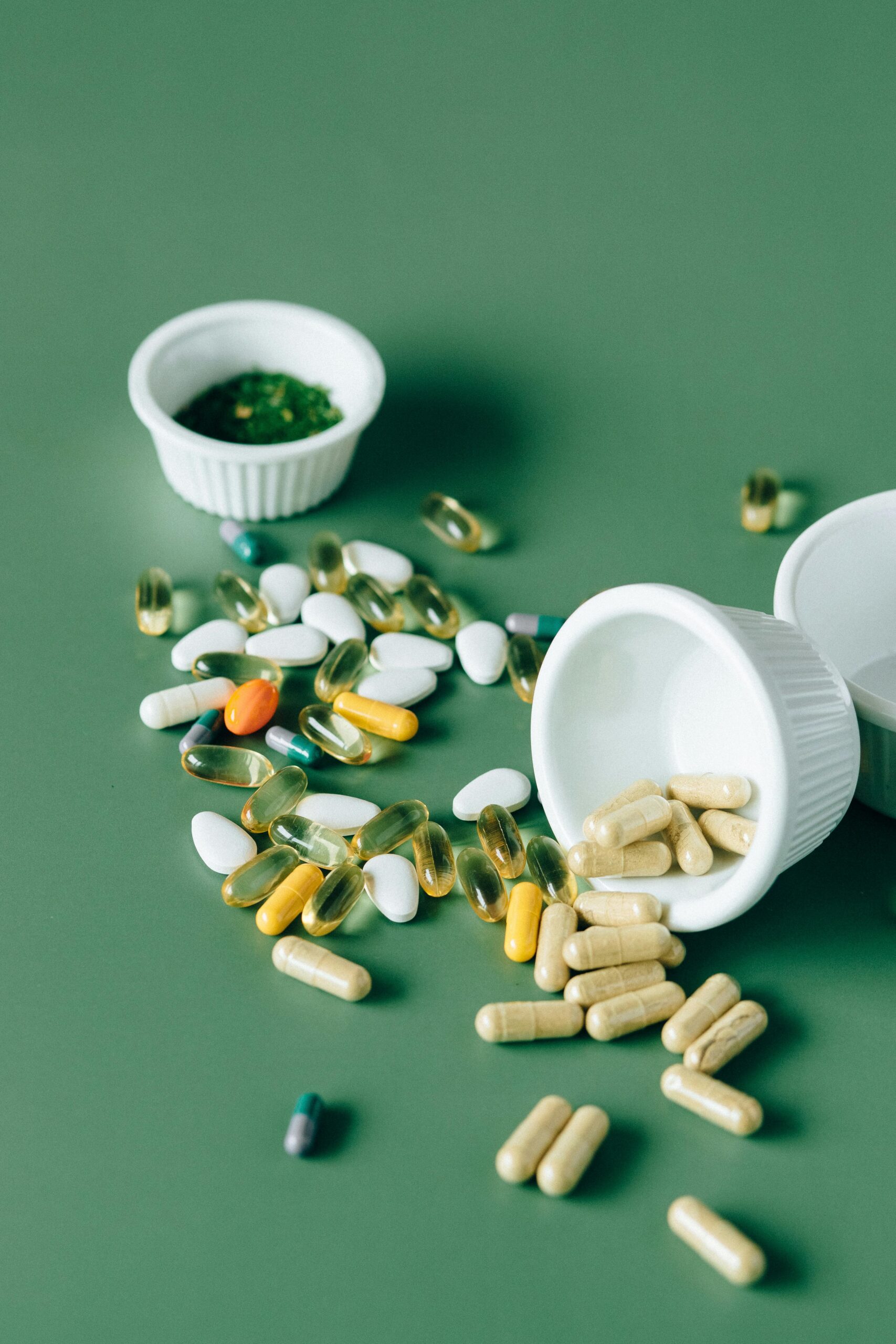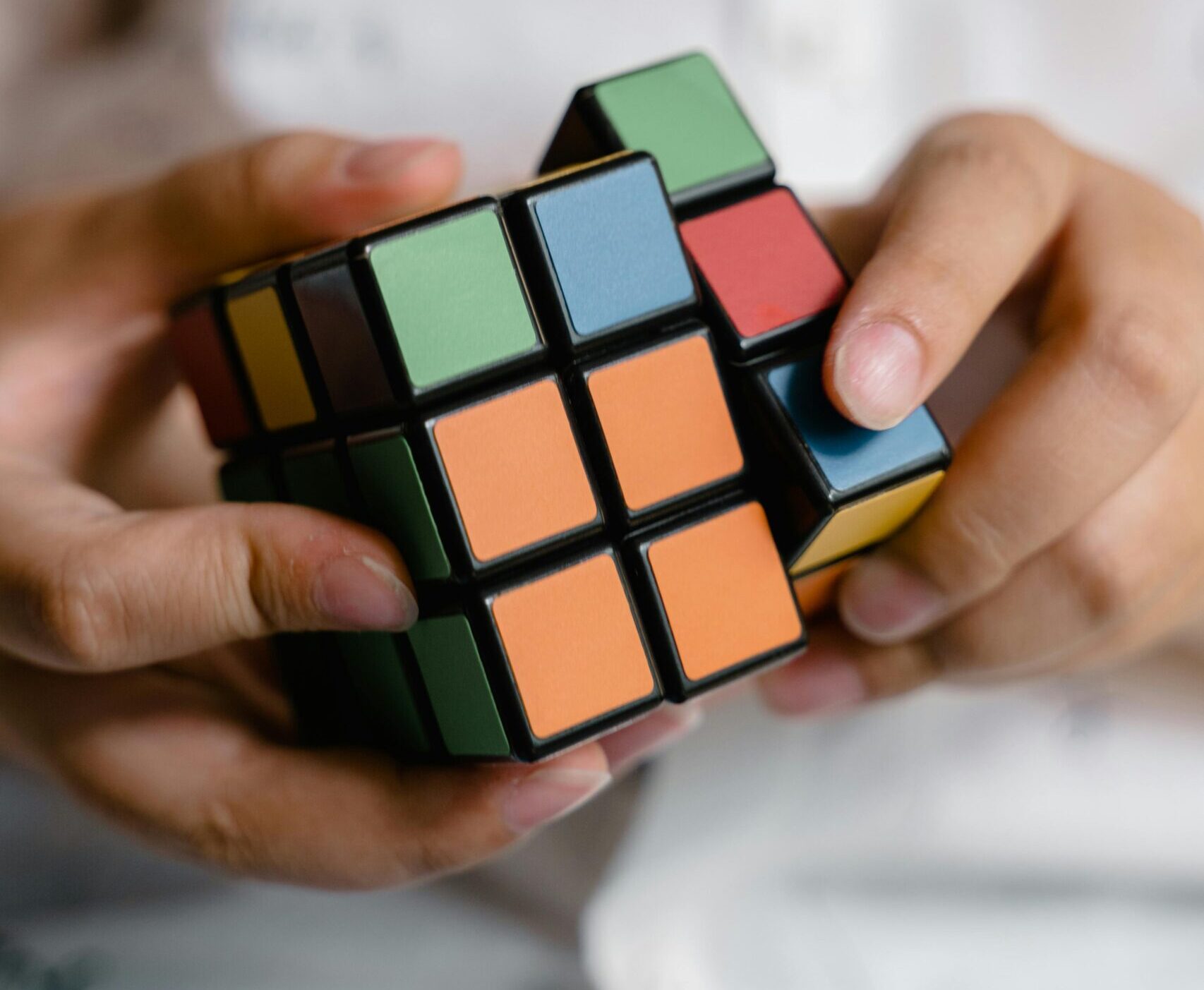Post-concussion brain fog is a common but frustrating issue that many people face after a head injury. It can make you feel forgetful, unfocused, and mentally sluggish, which makes everyday tasks feel much harder than usual. While doctors often recommend rest and medication, many people also look for more natural ways to speed up recovery and think more clearly again.
Brain fog happens because a concussion disrupts how the brain works. After an injury, the brain might experience inflammation, stress from unstable molecules called free radicals, or trouble producing energy. Natural remedies can help support the brain as it heals, addressing these issues and improving how you feel.
Eat Foods That Fight Inflammation
What you eat plays a huge role in your brain’s recovery. Certain foods can help lower inflammation in the brain, which is one of the main causes of brain fog after a concussion. Omega-3 fatty acids, found in fatty fish (salmon, mackerel, anchovies, sardines, herring), flaxseeds, and walnuts, are especially helpful because they support brain repair.
Fruits and vegetables rich in antioxidants, and polyphenols like dark berries, citrus fruits, and brassica vegetable, are also great for your recovery. These foods help protect your brain from further damage. Leafy greens like kale and broccoli provide important vitamins and minerals, such as magnesium and folate, which the brain needs to function well.
A healthy, colorful diet not only gives your body energy but also helps your brain heal and think more clearly.
Stay Hydrated and Balanced
Dehydration can make brain fog worse. Drinking plenty of water supports your brain by helping it stay energized and removing waste products that build up during healing. Make sure your water isn’t full of microplastics and other forever chemicals with a filter system like this one from Berke. Adding natural electrolytes, like magnesium and potassium, can help even more. You can get these from coconut water or certain sports drinks. Staying well-hydrated is a simple but powerful way to feel better faster.
Improve Your Sleep
Good sleep is one of the most important tools for recovery, but many people struggle to get enough rest after a concussion. Sleep is when the brain repairs itself, solidifies what you learned (or rehabbed) during the day, and clears away harmful substances. Without enough sleep, brain fog tends to stick around.
To improve your sleep, try to go to bed at the same time every night and avoid screens for an hour before bedtime, as the blue light can interfere with your natural sleep cycle. If you need extra help, natural remedies like melatonin supplements or teas made from chamomile or valerian root can encourage relaxation and better sleep.
Try Adaptogenic Herbs
Adaptogens are natural herbs that help your body cope with stress and recover faster. Some adaptogens can be especially helpful for brain fog. Rhodiola rosea, for example, can boost mental clarity and energy, while ashwagandha may lower stress levels and support overall brain health. Adaptogens often come in a blend like this one for better rounded effects.
You can find these herbs in teas, capsules, or powders. If you’re already taking other medications, check with your doctor before adding adaptogens to your routine to make sure they’re safe for you.
Get Moving
While rest is crucial in the early days after a concussion, light exercise can help once your symptoms start improving. Gentle movement increases blood flow to the brain, delivering the oxygen and nutrients it needs to heal.
Activities like walking, stretching, or yoga are great options. Yoga is especially helpful because it combines physical movement with deep breathing, which can lower stress and improve focus. Start slow and listen to your body—too much exercise too soon can make symptoms worse.
Add Brain-Boosting Supplements
Certain supplements can help support your brain during recovery. For example:
- Curcumin, found in turmeric, reduces inflammation in the brain and protects it from damage. Pairing curcumin with black pepper makes it easier for your body to absorb.
- Lion’s Mane Mushroom is known to help repair nerve damage and improve memory and focus.
- Coenzyme Q10 (CoQ10) is an antioxidant that supports the energy production your brain needs to work well.
- Magnesium is an electrolyte that gets used in hundreds of processes throughout the body and the brain.
Adding these supplements to your routine can give your brain an extra boost, but always talk to a healthcare provider before starting something new.
Practice Mindfulness and Relaxation
Brain fog isn’t just physical—it’s also tied to stress and emotions. Practices like mindfulness and meditation can help calm your nervous system and improve your ability to focus. Spending just a few minutes a day on deep breathing or guided relaxation can make a noticeable difference.
Mindfulness can also help you cope with the emotional frustration of brain fog. It’s normal to feel impatient or discouraged, but practicing acceptance can make the recovery process less overwhelming.
Reduce Toxins in Your Environment
Everyday toxins can add stress to your body and brain, slowing down recovery. Try to reduce your exposure to things like artificial fragrances, pesticides, and processed foods. Choose natural cleaning products and organic fruits and vegetables when you can.
It’s also helpful to limit alcohol and caffeine. While caffeine might feel like a quick fix for tiredness, it can make sleep problems worse, which will only increase brain fog in the long run.
Be Patient With Yourself
Recovering from a concussion takes time, and brain fog doesn’t go away overnight. Some days might feel better than others, but progress happens little by little. Keep track of your symptoms in a journal to notice improvements over time. Even small wins, like being able to focus better or remembering something more easily, are signs that your brain is healing. Remember, recovery is a journey, and every step forward matters. Brain health matters. With the right support and a bit of patience, brighter, clearer days are ahead.


